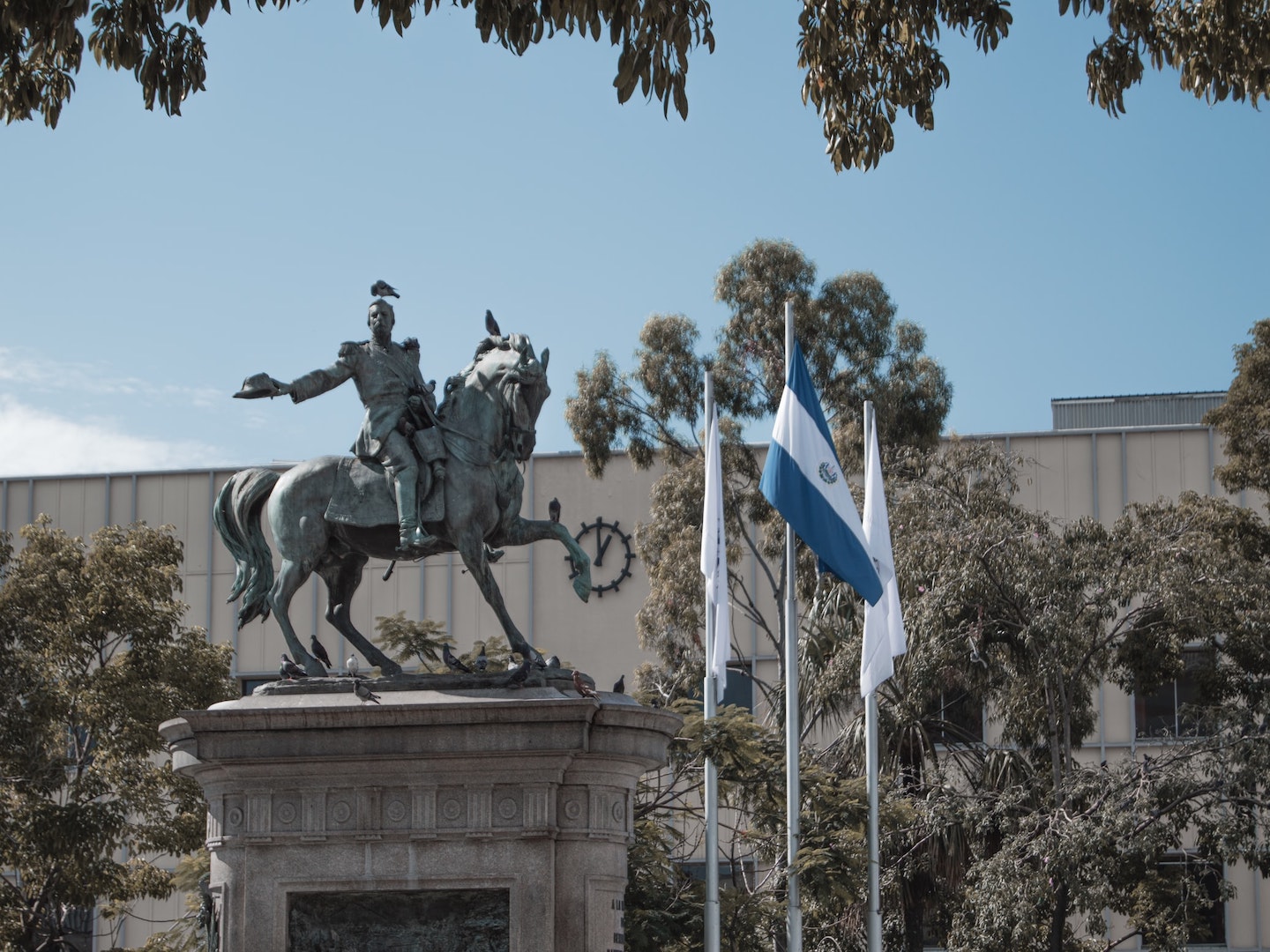.png)
.png)

Hi Market Wrap readers! During the final two weeks of 2021, we’re using this space to recap this year’s most dramatic moments in cryptocurrency markets – and highlight the key lessons from this fast-evolving corner of global finance. Over a series of eight posts that started on Dec. 20 and that will run through Thursday, we’ll recap what shook crypto markets this year. (For the latest crypto-market prices and news headlines, please scroll down.)
In Tuesday’s post, we explored how alternative coins or “altcoins” rallied during the first part of the year – illustrating just how far the year’s explosion in popularity for digital-asset markets extended beyond bitcoin, the largest cryptocurrency by market cap. Bitcoin’s market capitalization relative to the total crypto market capitalization sharply declined between March and May as traders shifted attention to other areas of the crypto universe. Then from June through August, non-fungible tokens (NFTs) became all the rage among artists and crypto investors. Even though bitcoin trading volume was relatively low, investors were able to seek out opportunities far and wide in the alt space. Tesla CEO Elon Musktweeted his nostalgiafor the days of high bitcoin volatility.
But BTC’s sideways trading pattern didn’t last long. Today, we’ll show how bitcoin was able to break out of its two month-long price range of around $30,000 as El Salvador, the tiny Central American country that previously had used the U.S. dollar as the country’s primary currency, came to the rescue.
In June, El Salvador President Nayib Bukele, announced that bitcoin would become legal tender, making his country the first to make that move, which also meant no capital gains taxes for bitcoin holders there.
Bitcoin rose about 70% from a low of around $30,000 toward a high of nearly $50,000 in early September as traders reacted to the news from El Salvador – seen by many fans of the 12-year-old digital asset as a long-awaitedvalidation of its potential to serve a global currency. El Salvador’sbitcoin’s lawwent into effect in September.
When the law actually took effect, bitcoin’s price began to sell off – a classic “buy-the-rumor, sell-the-fact” scenario. (Asimilar thing had happened earlier in the year, when the big cryptocurrency exchange Coinbase held its direct stock listing on the Nasdaq exchange.)
Bukeletweetedthat El Salvador was ready to buy on price dips even as BTC continued to fall. A growing number of users on social media platforms, including Twitter and Reddit, called for people to buy small amounts of bitcoin in support of El Salvador’s bitcoin policy, Bloombergreported. Many investors were already betting the news could give the oldest cryptocurrency a price boost.
On Sept. 13, software company MicroStrategypurchased an additional 5,050 BTCfor about $242 million in cash. Still, BTC continued lower.
BTC declined from $50,000 toward $40,000 and ended September on a down note.
Concerns were growing over apossible credit default by the Chinese property developer Evergrande Group, shaking speculative assets including equities and cryptocurrencies; lower risk appetite among investors also contributed to bitcoin’s September slump.
The takeaway for crypto traders from the July-August price action was that El Salvador’s decision to make BTC legal tender wouldn’t be enough to keep the cryptocurrency’s price elevated at $50,000. Bitcoin’s correlation with stocks increased along with the credit concerns in China.
Still, the nearly 7% BTC drop in September looked far less severe than the 50% price crash in April and May. After some ups and downs, bitcoin’s price had again stabilized at well above 2020 levels as some traders began toanticipatea $100,000 BTC price by year end.
Here are the biggest gainers and losers among theCoinDesk 20digital assets, over the past 24 hours.
| Asset | Ticker | Returns | Sector |
|---|---|---|---|
| Algorand | ALGO | +8.5% | Smart Contract Platform |
| Litecoin | LTC | +1.4% | Currency |
| Cosmos | ATOM | +0.9% | Smart Contract Platform |
Sector classifications are provided via theDigital Asset Classification Standard (DACS), developed by CoinDesk Indices to provide a reliable, comprehensive and standardized classification system for digital assets. TheCoinDesk 20is a ranking of the largest digital assets by volume on trusted exchanges.
.png)